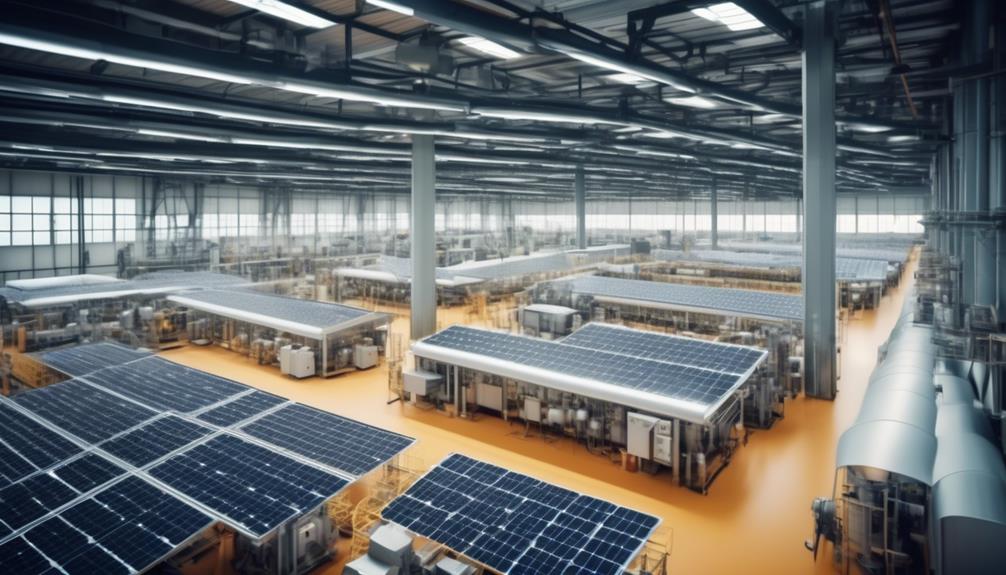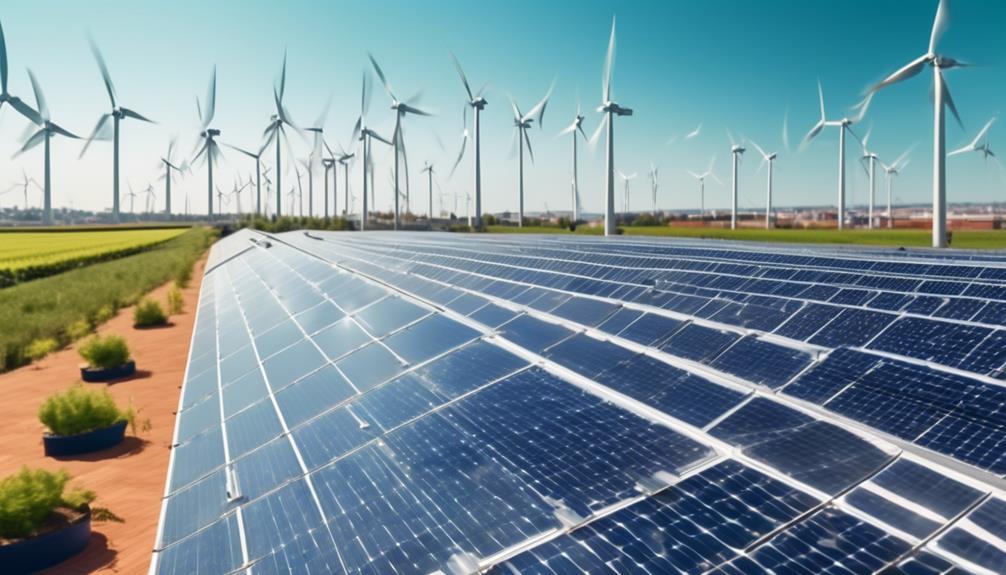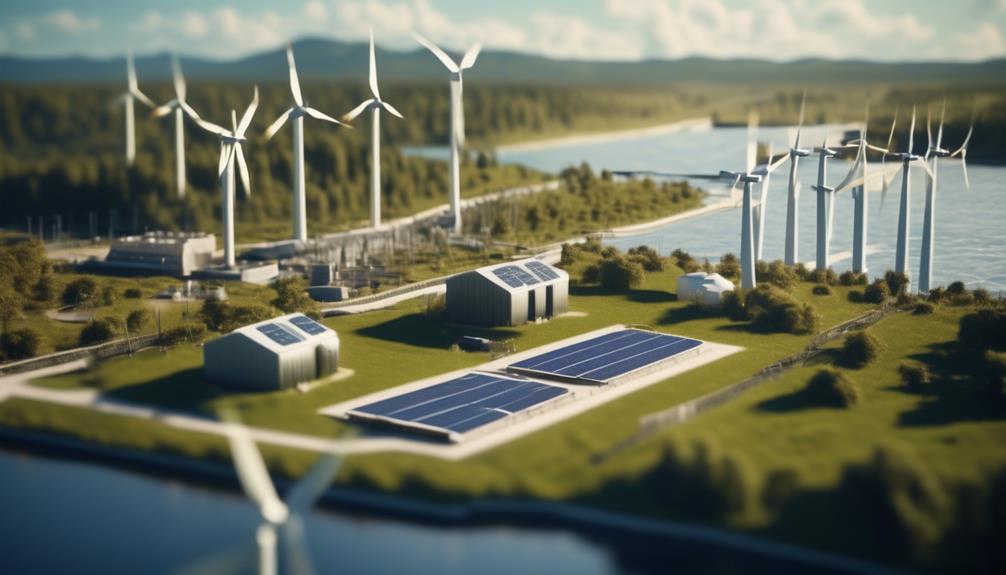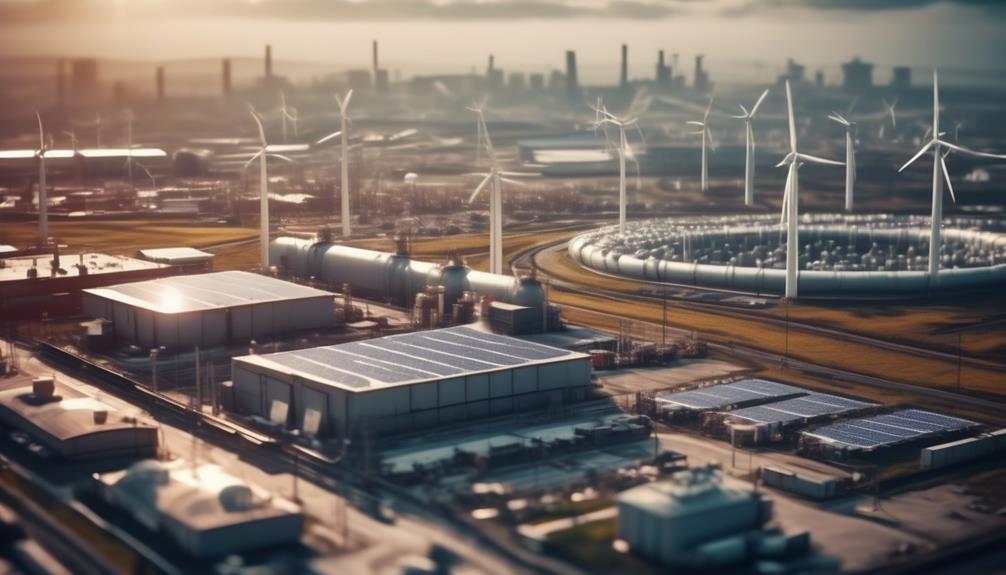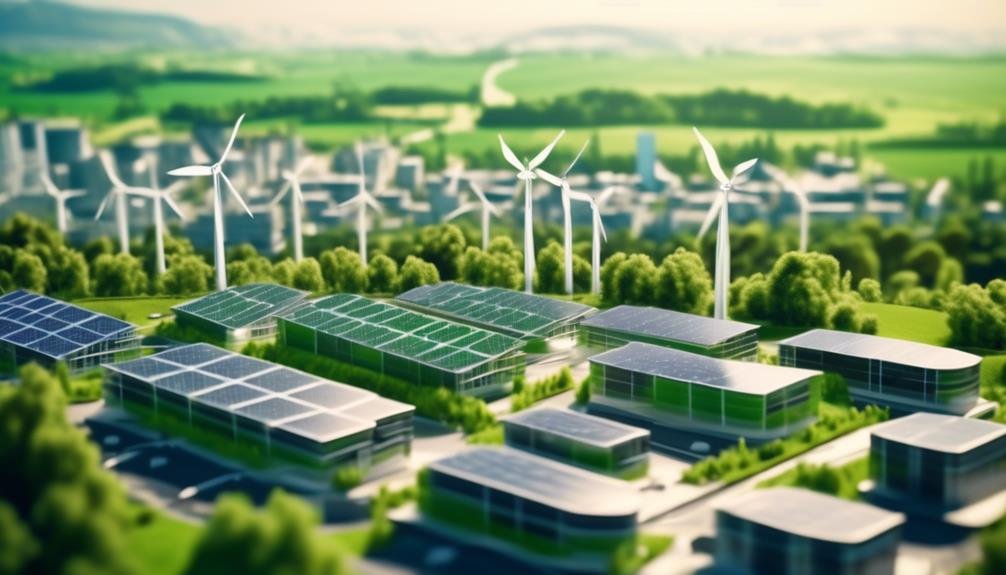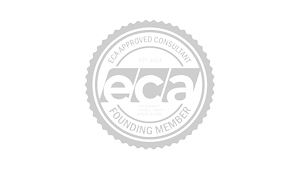In the dynamic world of contemporary business, leaders are constantly on the lookout for strategies that not only bolster efficiency and drive down costs but also tread lightly on the planet. The quest for sustainable solutions has led many to the doorstep of eco-efficient energy—a choice that promises not just a reduction in overheads but a significant step towards environmental stewardship.
For those grappling with the dual challenge of managing operational expenses and making eco-friendly choices, this approach could be the beacon they have been searching for, hinting at the wealth of benefits awaiting those ready to make the transition.
With an intuitive grasp of the complexities businesses face in today’s eco-conscious market, this discussion is poised to unravel the myriad advantages of adopting eco-efficient energy practices. From enhancing your brand’s appeal and fostering a healthier workplace to securing a competitive position in your industry, the shift towards greener energy is not just an operational decision but a strategic move towards sustainable success.
As we delve deeper, let us guide you through how this choice can redefine your business, promising a journey towards profitability and sustainability that resonates deeply with your core objectives and values. Stay with us as we explore how making this pivotal shift can address your most pressing concerns and propel your business into a future where success and sustainability go hand in hand.
Key Takeaways
- Eco-efficient energy in businesses can lead to significant cost savings and reduced environmental impact, with potential savings of up to 39% through energy efficiency improvements.
- Energy-efficient businesses have a competitive advantage in the market, as consumers and investors prioritise sustainability and are attracted to companies that demonstrate a commitment to environmental responsibility.
- Investing in energy efficiency not only saves money but also increases market value, as sustainable practices and renewable energy sources are highly valued in today’s market.
- Implementing eco-efficient practices in businesses aligns with the principles of corporate social responsibility and contributes to environmental stewardship, demonstrating a responsibility to minimise environmental impact and protect the environment for future generations.
Cost Savings Through Eco-Efficient Energy
Cost savings can be achieved through the implementation of eco-efficient energy practices in businesses. Energy efficiency benefits not only the environment but also offers significant financial advantages.
The UK government has reported potential savings of 39% through energy efficiency improvements in non-domestic buildings. Lighting projects alone have the potential to account for £1.1 billion in savings. Although there may be initial costs involved in adopting eco-efficient energy practices, the long-term savings can be reinvested in other areas of the business.
By monitoring and reducing energy consumption, businesses can free up funds for other purposes. Volatile energy markets can have a significant impact on business costs, but generating on-site energy is one effective way to limit the effects of market fluctuations. By implementing energy-efficient practices, businesses can reduce their reliance on external energy sources and become more self-sufficient.
Furthermore, energy efficiency can lead to lower energy bills, resulting in substantial cost savings over time. These financial advantages can be particularly beneficial for businesses operating on tight budgets or looking to invest in other areas of innovation and growth.
Improved Brand Reputation With Sustainable Practices
Enhancing brand reputation can be achieved through the implementation of sustainable practices, leading to positive consumer perception and increased customer loyalty. When businesses prioritise sustainability, they demonstrate a commitment to environmental responsibility and social consciousness. This resonates with consumers who value companies that prioritise the well-being of the planet and society.
By adopting sustainable practices, businesses can build increased customer trust. Consumers are becoming more conscious of the impact their choices have on the environment, and they seek out brands that align with their values. When businesses showcase their commitment to sustainability, they gain the trust of environmentally conscious consumers, who are more likely to choose their products or services over those of their competitors.
Moreover, sustainable practices have a positive impact on brand reputation. Companies that prioritise sustainability are recognised for their efforts, which leads to a positive brand image. This recognition can differentiate businesses from their competitors and attract a larger customer base. Customers appreciate and support brands that prioritise sustainability, which can lead to increased customer loyalty and positive word-of-mouth.
Health and Well-Being Benefits for Employees
Energy-efficient workplaces offer numerous health and well-being benefits for employees. By creating a healthier and more comfortable work environment, businesses can significantly enhance employee engagement, productivity, and retention.
Here are some key ways in which energy efficiency positively impacts the health and well-being of employees:
- Improved Work-Life Balance: Energy-efficient workplaces promote a better work-life balance by ensuring optimal lighting and temperature control. This helps employees feel more comfortable and focused, leading to increased job satisfaction and reduced stress levels.
- Mental Health and Stress Management: Adequate lighting and improved air quality in energy-efficient environments contribute to better mental health and stress management. Natural lighting and well-ventilated spaces can have a positive impact on employees’ mood, concentration, and overall well-being.
In addition to these direct health benefits, energy-efficient practices also have indirect advantages for both employees and employers. Employees are more likely to be attracted to companies that prioritise environmental sustainability, thereby increasing talent acquisition. Moreover, energy efficiency can potentially reduce medical and health benefit costs for employees, resulting in long-term financial savings for the organisation.
Competitive Advantage in the Market
Demonstrating a commitment to sustainability and embracing energy efficiency can provide businesses with a distinct competitive advantage in the market. By adopting energy-efficient technologies, businesses can improve their brand image and attract customers and investors who value environmentally conscious practices. Market analysis shows that green practices differentiate businesses from their competitors and appeal to environmentally conscious consumers, giving them an edge in the market.
To further illustrate the competitive advantage gained through energy efficiency, consider the following table:
| Advantage | Description | Example |
|---|---|---|
| Customer attraction | Energy-efficient businesses are more attractive to customers, who are increasingly seeking environmentally friendly products and services. | A retail store that uses renewable energy sources to power its operations |
| Investor appeal | Investors are more likely to support businesses that prioritise sustainability, as it aligns with long-term profitability and risk management. | A venture capital firm investing in clean energy start-ups |
| Market differentiation | Green practices distinguish businesses from their competitors, helping them stand out in a crowded market. | An eco-friendly cleaning service that uses non-toxic products |
| Marketing advantage | Incorporating a green slant to marketing strategies can give businesses an advantage over non-environmentally conscious competitors. | A food delivery service emphasising its use of compostable packaging |
| Positive brand recognition | Being environmentally friendly can lead to positive media coverage and brand recognition, enhancing a business’s reputation. | A hotel chain receiving accolades for its energy-saving initiatives |
Contribution to a Greener Future
By prioritising energy efficiency, businesses can actively contribute to a greener future and promote sustainability in their operations. Here are some reasons why businesses should invest in renewable energy sources and environmental sustainability measures:
- Reduced greenhouse gas emissions: Energy-efficient practices help lower carbon footprints, leading to a more sustainable future. By utilising renewable energy sources such as solar or wind power, businesses can significantly reduce their environmental impact and contribute to the fight against climate change.
- Cost savings and reduced environmental impact: Lower energy consumption not only leads to cost savings for businesses but also minimises the strain on natural resources. By implementing energy-efficient technologies and practices, businesses can reduce waste and decrease their overall environmental footprint.
- Competitive advantage and attractiveness: Energy-efficient businesses have a competitive edge in the market. Consumers and investors prioritise sustainability, and by demonstrating a commitment to environmental responsibility, businesses can attract more customers and investors who value ethical and responsible practices.
- Increased market value: Investing in energy efficiency not only saves money but also increases the market value of businesses. Sustainable practices and renewable energy sources are becoming increasingly important in today’s market, and businesses that adopt these measures are seen as forward-thinking and innovative.

